Surviving cancer marks a significant milestone, but life after cancer comes with its own set of challenges and adjustments. This blog post aims to shed light on the often-unspoken aspects of life after cancer, known as 5 things they never tell you about life after cancer, focusing on emotional rollercoasters, physical changes and challenges, anxiety, and mental health, relationships and support systems, and the empowerment journey post-cancer.
5 Things They Never Tell You About Life After Cancer
1) The Emotional Rollercoaster
Life after cancer can be an emotional rollercoaster, characterized by a mix of positive emotions like gratitude and joy, as well as challenging ones such as fear and uncertainty. Coping with these emotional ups and downs is crucial for maintaining well-being and resilience post-cancer.
Fear of Recurrence
One of the most common emotional challenges for cancer survivors is the fear of cancer recurrence. This fear can be overwhelming and lead to heightened anxiety and worry about the future. It’s essential to address these fears through coping strategies, support from loved ones, and focusing on living in the present moment rather than dwelling on potential uncertainties.
Managing Anxiety and Uncertainty
Anxiety and uncertainty are natural responses post-cancer, particularly concerning health outcomes and future plans. Managing these emotions involves learning relaxation techniques like meditation and deep breathing, seeking professional therapy or counseling support, and building resilience to cope with uncertainty effectively.
Coping Strategies and Support Resources
Survivors can benefit significantly from adopting coping strategies and utilizing available support resources to navigate the emotional challenges of life after cancer. These may include participating in cancer support groups, practicing mindfulness and self-care activities, seeking therapy sessions, and leaning on supportive networks.
Emotional Fallout
Post-cancer survivors may experience emotional fallout, such as post-traumatic stress, depression, and mood swings. Acknowledging and addressing these emotional challenges is essential for overall well-being and quality of life. Seeking mental health care and utilizing coping skills can provide tools and strategies to navigate through these emotional hurdles.
2) Physical Changes and Challenges
Cancer treatment often brings about various physical changes and challenges that can impact daily life and self-image. Understanding and coping with these changes involves practicing self-compassion, seeking medical support when needed, and focusing on overall well-being.
Long-Term Side Effects
Long-term side effects of cancer treatment, including fatigue, weakness, neuropathy, cognitive changes (often referred to as chemo brain), alterations in body image, scars, surgical changes, and hair loss, require proactive management and support. This may include engaging in physical activity, seeking rehabilitation services, using assistive devices, and addressing body image concerns through counseling or support groups.
Coping with Physical Changes
Coping with physical changes after cancer involves adopting energy conservation techniques, prioritizing rest and recovery, and seeking professional help to manage persistent fatigue, sleep disturbances, and other physical challenges. It’s essential to listen to your body, communicate openly with healthcare providers, and seek support from loved ones or support groups during this time.
3) Fatigue and Sleep Habits
Persistent Fatigue
Cancer survivors often experience persistent fatigue, which can be physically and emotionally draining. It’s important to recognize the difference between normal fatigue and cancer-related fatigue, which tends to be more severe and long-lasting.
Understanding Cancer-Related Fatigue
Cancer-related fatigue is a common side effect of cancer treatment and can persist even after treatment ends. It is characterized by overwhelming tiredness, lack of energy, and difficulty completing daily tasks. Understanding the causes and impact of cancer-related fatigue is crucial for managing it effectively.
Energy Conservation Techniques
To manage fatigue, survivors can employ energy conservation techniques such as pacing activities, prioritizing tasks, taking regular breaks, and delegating responsibilities when possible. These strategies help conserve energy and prevent exhaustion.
Adequate rest and recovery are essential for combating fatigue and promoting overall well-being. Getting enough sleep, taking short naps during the day, and practicing relaxation techniques can improve energy levels and support recovery.
Read More: Holistic Approach To Cancer Care
3) Sleep Disturbances
Insomnia and Sleeplessness
Cancer survivors may experience insomnia and difficulty falling or staying asleep, which can contribute to fatigue and worsen overall well-being. Addressing sleep disturbances is crucial for improving the quality of life post-cancer.
Sleep Hygiene Tips
Adopting good sleep hygiene practices can help improve sleep quality. This includes maintaining a consistent sleep schedule, creating a relaxing bedtime routine, avoiding stimulants like caffeine close to bedtime, and creating a comfortable sleep environment.
Seeking Help for Sleep Disorders
If sleep disturbances persist or worsen, survivors should seek professional help from healthcare providers or sleep specialists. Treatment options may include medications, cognitive-behavioral therapy for insomnia (CBT-I), and lifestyle modifications.
5) Anxiety and Mental Health
Anxiety and Worry
Anxiety is a common emotional response post-cancer, often fueled by worries about recurrence, health outcomes, and the future. Managing anxiety involves learning coping strategies, seeking therapy or counseling support, and practicing relaxation techniques.
Dealing with Uncertainty
Uncertainty about the future can contribute to anxiety and emotional distress. Developing resilience, accepting uncertainties, and focusing on the present moment can help reduce anxiety and improve overall well-being.
Relaxation Techniques (Meditation, Deep Breathing)
Relaxation techniques such as meditation, deep breathing exercises, mindfulness practices, and yoga can help calm the mind, reduce stress, and alleviate anxiety symptoms.
Therapy and Counseling Support
Professional therapy or counseling support can provide survivors with tools, coping skills, and strategies to manage anxiety, process emotions, and build resilience post-cancer.
Are You Ready to Learn and be Empowered?
If you’re seeking meaning, coping mechanisms, comfort in spiritual beliefs, self-advocacy skills, access to support resources, and enhanced resilience post-cancer, it’s time to embark on a journey of personal growth and empowerment. Connect With Madhavi Parikh for a compassionate, personalized consultation.
Conclusion
Now, I hope you got an idea about 5 things they never tell you about life after cancer. Moreover, Life after cancer is a journey filled with challenges, emotions, and opportunities for growth. By acknowledging the emotional rollercoaster, coping with physical changes, prioritizing mental health, nurturing relationships, and seeking empowerment, survivors can navigate post-cancer life with resilience, hope, and a sense of purpose.
FAQ
Which cancer has the highest recurrence rate?
Cancers with the highest recurrence rates vary but often include lung, liver, and pancreatic cancers. However, recurrence rates can also depend on factors like cancer stage, treatment, and individual patient factors.
What helps cancer patients live longer?
Several factors contribute to longer survival in cancer patients, including early detection, effective treatment, healthy lifestyle choices, emotional support, and access to quality healthcare.
How does surviving cancer change you?
Surviving cancer can bring about various changes, including increased resilience, a deeper appreciation for life, shifts in priorities and perspectives, emotional growth, and a sense of empowerment and gratitude.
Can cancer survivors live long?
Yes, many cancer survivors go on to live long, fulfilling lives. Advances in medical treatments, early detection, and supportive care have significantly improved survival rates and quality of life for cancer survivors.


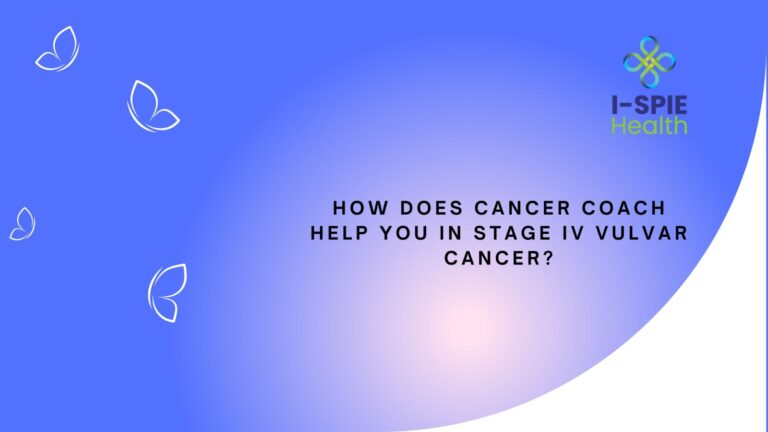

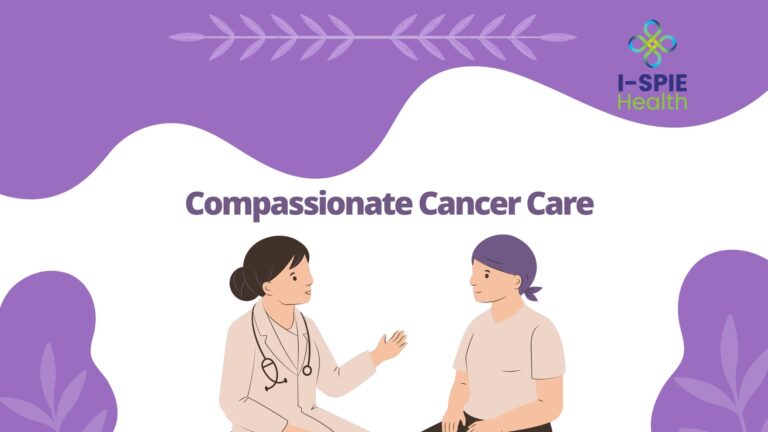
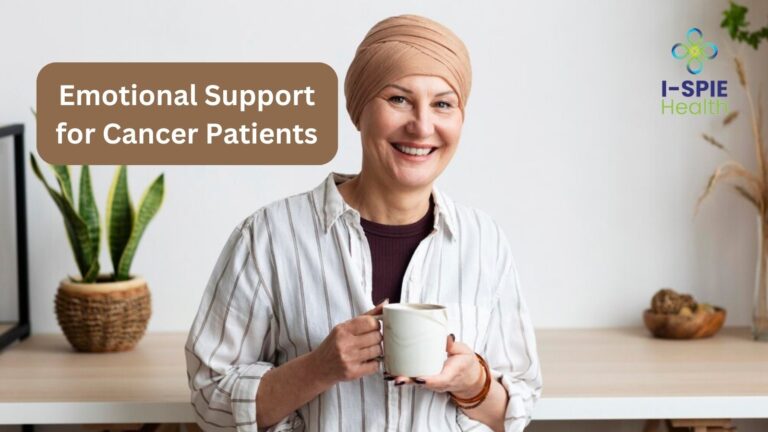
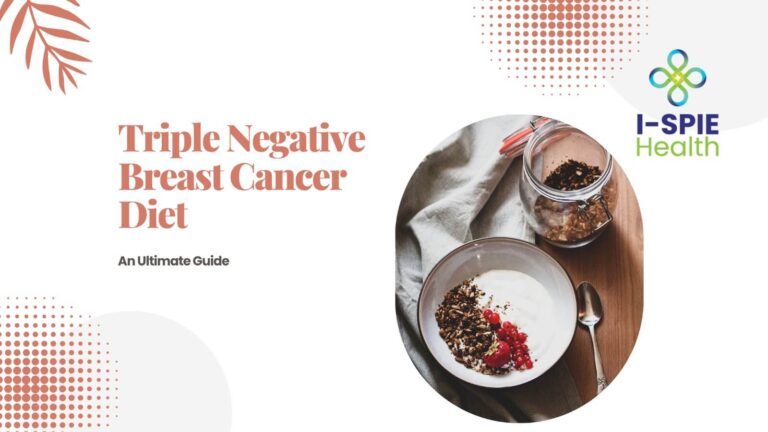
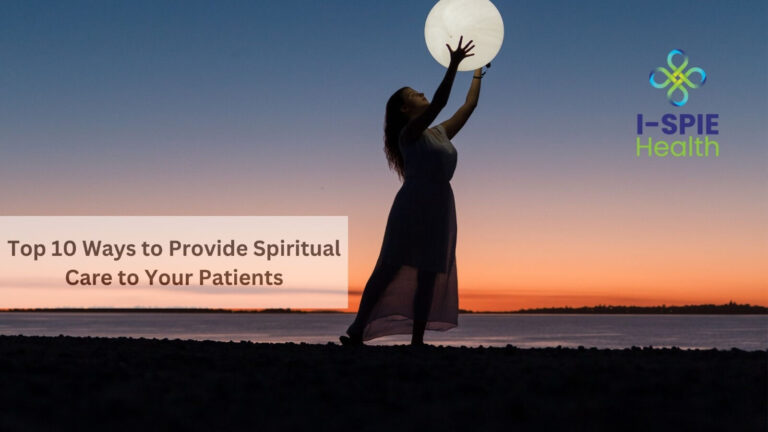
2 Comments